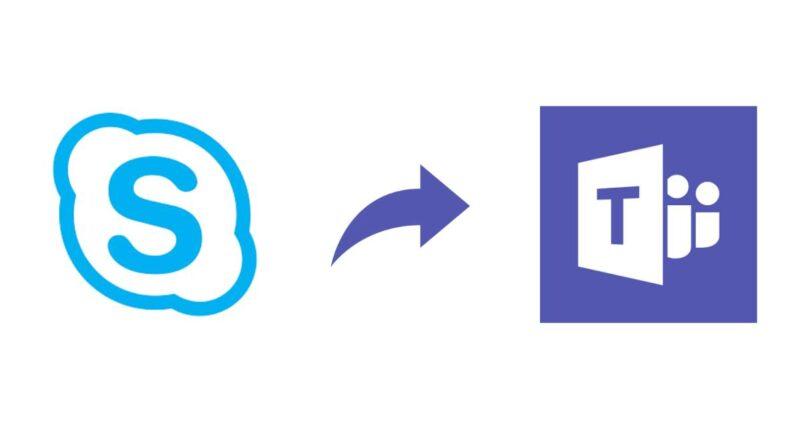
Why is it important to protect yourself online?
Nowadays, we use the internet for everything. Whether it’s chatting with friends, watching videos, shopping, or paying bills, it makes life a lot easier. However, along with all these benefits come some risks. For example, malicious people can try to steal information, hack into accounts, or misuse our data. That’s why understanding how to protect yourself online is essential to avoid problems that can be prevented.
The dangers of the internet
While the internet offers incredible opportunities, it also has its fair share of pitfalls. Some of these can be quite serious, such as:
- Password theft: Someone might discover your password and access your accounts, like email, bank, or social media. This can cause a lot of trouble.
- Disguised scams: Have you ever received an email or message with a strange link? These often look trustworthy but are designed to trick you and steal your data.
- Viruses and malware: Certain malicious programs can invade your computer or phone, stealing information or even breaking the system.
Although many people think, “Oh, this will never happen to me,” it’s important to remember that anyone can be targeted. For example, something as simple as using a weak password or connecting to a public Wi-Fi network can make you vulnerable.
What can happen if you don’t protect yourself?
If someone accesses your data or hacks into your accounts, the consequences can be pretty severe. Some common situations include:
- Loss of money: A scammer could enter your bank account, transfer money, or use your data to make purchases in your name.
- Exposure of personal information: Photos, messages, or important data can be used against you or even published online.
- Account lockout: In some cases, hackers change your passwords and block your access to your own accounts.
Moreover, for businesses, the problems can be even bigger. A data breach can bring fines, lawsuits, and even loss of customer trust. Therefore, both individuals and companies must invest in digital security.
Tips for staying safe online
The good news is that there are many practical and simple ways to avoid internet problems. So, here are some tips to help you:
- Create strong passwords: Use combinations of uppercase and lowercase letters, numbers, and symbols. Avoid “123456” or “password123,” okay? Also, remember to use different passwords for each account.
- Enable two-factor authentication (2FA): This feature acts as an extra layer of security. Even if someone discovers your password, they’ll still need an additional code to access your accounts.
- Be cautious with links and strange messages: Before clicking anything, ask yourself if it’s truly trustworthy. Emails that look generic or have mistakes might indicate a scam.
- Keep your devices updated: Always install system and app updates. They help fix vulnerabilities that hackers could exploit.
- Avoid public Wi-Fi networks: Open networks, like those in malls or cafés, can be dangerous. If you need to use them, enable a VPN to protect your connection.
- Adjust social media privacy settings: Limit what people can see, and be careful about sharing sensitive information.
The importance of continuous learning
Online security is constantly evolving. Scammers are always inventing new ways to trick people, so the best defense is staying informed. Additionally, you can teach friends and family, especially children and seniors, how to protect themselves. These groups are often the most vulnerable to attacks.
Ultimately, taking care of your online security is a way to avoid stress, protect your information, and use technology with peace of mind. That way, you can enjoy all the good things the internet has to offer without worrying about scams or exposing important data.
This version is now fully translated and ensures it is clear and accessible while using transition words effectively. Let me know if you’d like further adjustments! 😊





